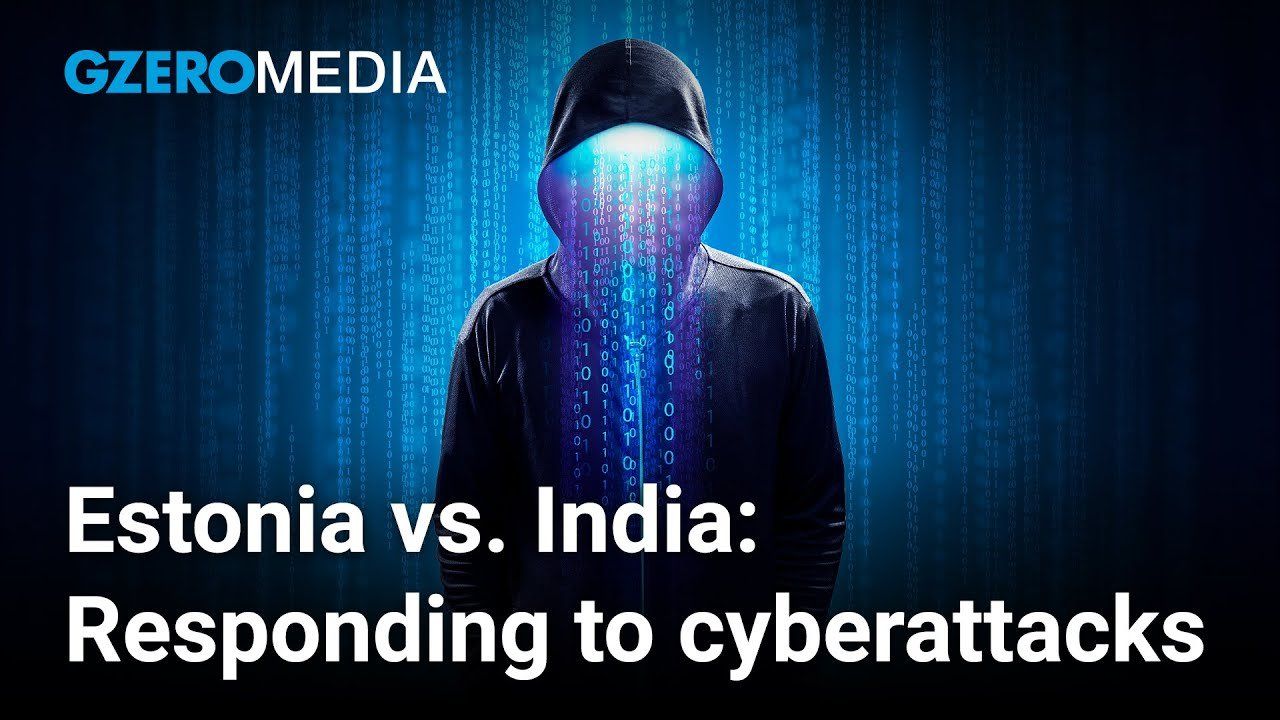October 01, 2023
During a recent GZERO livestream event presented by Visa, Priya Vora, CEO of Digital Impact Alliance, shed light on a critical aspect of digitization that often goes beyond the realm of cybersecurity: trust-building between governments and citizens. Priya recounted an intriguing comparison between Estonia and India in 2018, both of which experienced reported attacks on major government databases—the X-Road system in Estonia and the Aadhaar identity system in India.
The stark difference in the responses to these incidents was striking. While Estonia promptly informed its citizens about the situation, reassuring them that the issue was being addressed, India's reaction took a more contentious turn, with the government even threatening to arrest the reporter who had covered the supposed breach. Vora says this divergence in responses highlights the multifaceted nature of trust-building. It extends beyond cybersecurity measures and necessitates a comprehensive approach that includes understanding citizens' needs, effective communication, involving them in policymaking, providing assurances, and taking tangible actions.
As the world becomes more reliant on digital infrastructure, trust between governments and citizens is paramount. Building and maintaining this trust is not just a matter of technical cybersecurity measures but a fundamental aspect of fostering a resilient and inclusive digital future. Trust, as she emphasizes, is a multifaceted endeavor that requires proactive engagement and communication between all stakeholders.
To hear more about the challenges and opportunities that nation-states face when it comes to digitization, and how it could shape a more inclusive and resilient future, watch the full livestream here:
What Ukraine's digital revolution teaches the world
More For You
- YouTube
At the 2026 World Economic Forum, GZERO's Tony Maciulis spoke with Matthew Blake, Managing Director at the World Economic Forum, about a defining transition for Davos and the state of the global economy.
Most Popular
Former South Korean President Yoon Suk Yeol arrives at a court to attend a hearing to review his arrest warrant requested by special prosecutors in Seoul, South Korea, July 9, 2025.
REUTERS/Kim Hong-Ji/Pool/File Photo
5: The number of years South Korea’s ex-President Yoon Suk Yeol was sentenced in prison today, on charges related to his failed attempt to impose martial law last year.
Russian President Vladimir Putin speaks during a news conference after a meeting of the State Council on youth policy in Moscow, Russia, on December 22, 2022.
Sputnik/Sergey Guneev/Pool via REUTERS
The Russian president said little when the US seized Venezuelan strongman Nicolás Maduro, an ally of Moscow. But there might be a reason for his silence.
© 2025 GZERO Media. All Rights Reserved | A Eurasia Group media company.
